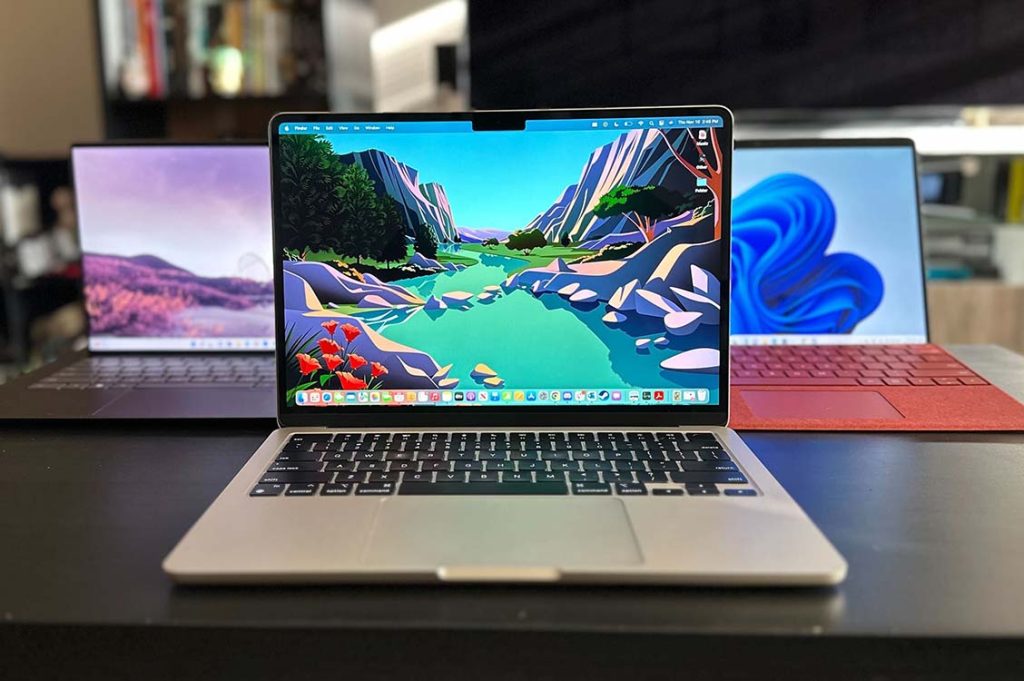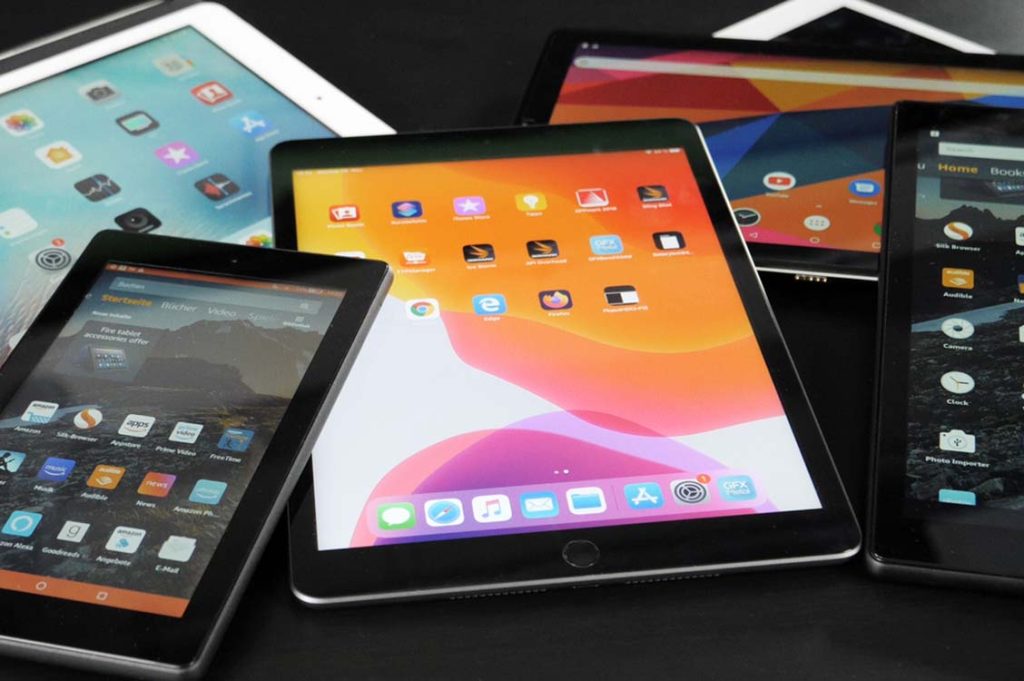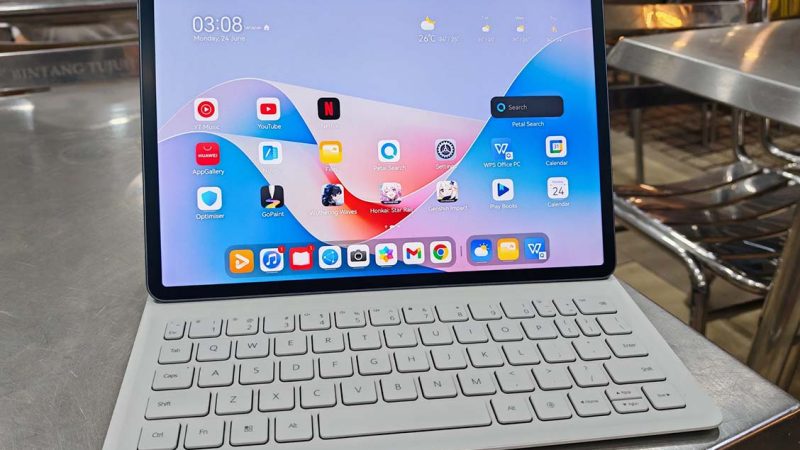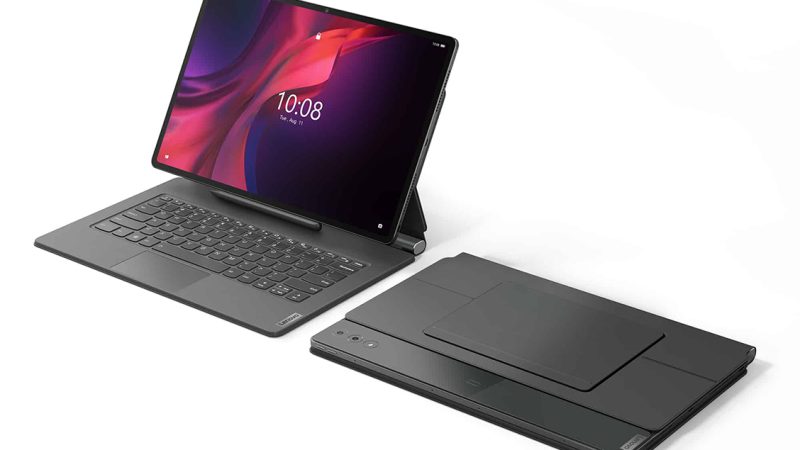Tablet Vs. Laptop: Pros & Cons For Business Use

In today’s digital age, choosing the right device for business use is crucial. Tablets and laptops are two popular options that offer portability and functionality.
What is a Tablet?
A tablet is a portable, touchscreen device that typically lacks a physical keyboard. It is designed to provide a more mobile and intuitive user experience. Tablets often rely on a mobile operating system, such as iOS or Android, and offer a variety of applications and functionalities through app stores. They are known for their lightweight design, long battery life, and convenience for tasks like web browsing, media consumption, and note-taking.
What is a Laptop?
A laptop, also known as a notebook, is a portable computer that combines the functionality of a desktop computer with the convenience of mobility. It features a physical keyboard, a trackpad or mouse, and a clamshell design with a hinged screen. Laptops are powered by a full-fledged operating system, such as Windows, macOS, or Linux, and offer a wide range of software applications and productivity tools. They are versatile devices capable of handling demanding tasks like content creation, programming, and data analysis.

How Do Tablets and Laptops Compare?
Now, let’s compare tablets and laptops in terms of several key factors that are important for business use:
Portability:
Tablets excel in terms of portability due to their lightweight design and compact form factor. They are easy to carry around and can be held with one hand, making them ideal for on-the-go professionals. Laptops, while still portable, are typically bulkier and heavier due to their additional components like a keyboard and larger battery.
Input and Productivity:
Laptops offer a traditional physical keyboard, which many business users find more comfortable and efficient for typing long documents or emails. They also provide a larger screen real estate, allowing for better multitasking and more detailed work. Tablets, on the other hand, rely on a touchscreen interface and virtual keyboard, which may be less suitable for extensive typing but offer a more intuitive touch-based interaction.
Performance and Software:
Laptops generally have more powerful hardware, including processors, storage, and RAM, enabling them to handle resource-intensive tasks and run complex software smoothly. Tablets, while capable of handling everyday tasks and lightweight applications, may struggle with demanding software or heavy multitasking.
Battery Life:
Tablets typically have longer battery life compared to laptops, thanks to their energy-efficient processors and optimized operating systems. This makes tablets more suitable for prolonged use when access to power outlets may be limited, such as during business trips or meetings.
Connectivity and Expandability:
Laptops usually offer a wider range of connectivity options, including multiple USB ports, HDMI ports, and Ethernet ports, allowing for seamless integration with various peripherals and external devices. Tablets often have limited connectivity options, with fewer ports and limited support for external devices. However, tablets usually come equipped with built-in cameras, making them suitable for video conferencing and business presentations.

Price:
Tablets generally have a lower price point compared to laptops, making them an attractive option for budget-conscious individuals or businesses. Laptops, especially high-performance models with advanced features, tend to be more expensive.
Choosing between a tablet and a laptop for business use depends on your specific needs and preferences. Tablets offer enhanced portability, longer battery life, and a more intuitive touch-based interface, making them suitable for tasks that require mobility and ease of use. Laptops, on the other hand, provide a physical keyboard, powerful performance, and greater versatility for demanding work tasks. Consider the pros and cons outlined in this article to make an informed decision that aligns with your business requirements.


